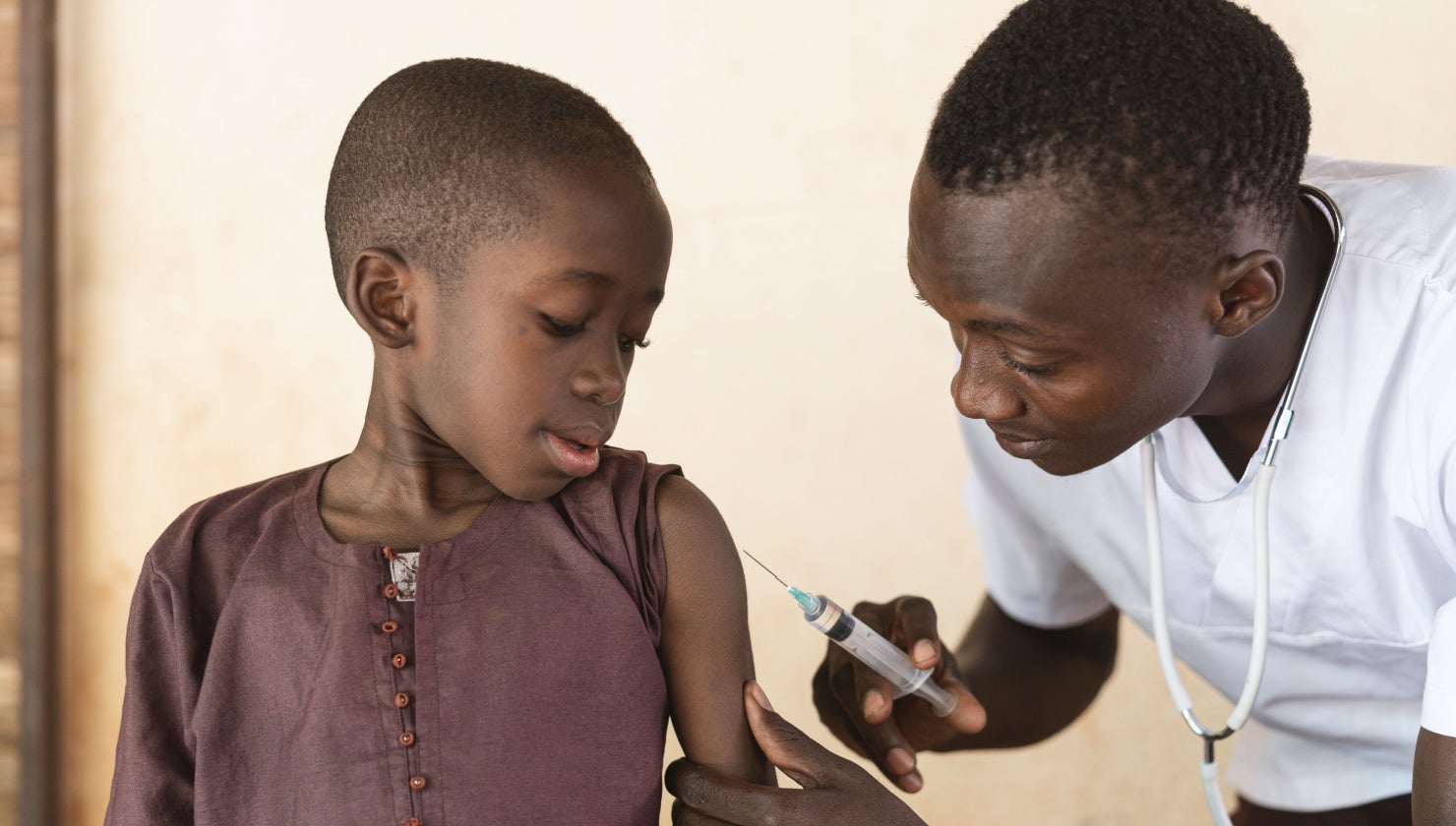A surge in vaccine hesitancy has remained a persistent challenge to public health practice since the introduction of Covid-19 inoculation. Approximately 64% of the global population is estimated to have been vaccinated against Covid-19. Those who remain unvaccinated face a greater risk of severe illness, hospitalisation and death in the event of infection.
Vaccine hesitancy is highly prevalent in South Africa, where only half of the adult population and 35% of the eligible paediatric population are vaccinated against the virus. In the October 2023 edition of Frontiers in Public Health, Ronel Sewpaul and her colleagues explore the social dynamics driving this phenomenon through a population-level study carried out during the vaccine’s initial rollout in 2021.
While the majority of participants expressed openness to vaccination, a significant proportion cited fear of adverse side effects and institutional distrust as deterrents to inoculation. The World Health Organisation estimates that South Africa has seen nearly 102,600 deaths related to Covid-19, with a mortality rate of 172.99 per 100,000 population, as of November 2023. Analysis of an adaptive response to vaccine-hesitant South Africans offers a pathway to reducing future cases of severe illness and mortality due to the pandemic.
75% favoured receiving the vaccine with 15.7% yet to decide
Sewpaul and her colleagues conducted a nationwide telephone and online survey among 16,988 South African adults from June to October 2021, which was within the vaccine’s rollout period for all adults that launched in August 2021. Interviewers used a questionnaire probing respondents’ attitudes toward the Covid-19 vaccine, their sociodemographic backgrounds, their perceptions of vaccines and institutions and their primary sources of information.
Almost 75% of respondents favoured receiving the vaccine, while 15.7% had yet to decide and 9.9% expressed no intention of getting vaccinated. Among those expressing hesitancy, uncertainty and refusal were highest among 18- to 29-year-olds at 22.3% and 12.6% respectively. Several attitudinal indicators were associated with hesitancy, and distrust toward political and medical institutions’ mishandling of the pandemic was highly prevalent among vaccine-hesitant participants. Among other characteristics of hesitant respondents were trepidation over potential side-effects of the vaccine, and disapproval from the respondent’s religion or culture toward vaccination.
A long, fraught process to restore trust
Sewpaul and her colleagues provide insights into the influence of demographics, culture and information consumption on attitudes toward vaccination for public health practice, and also portend formidable headwinds in South Africa’s mission to address vaccine hesitancy. Skepticism among the study’s vaccine-hesitant participants toward their country’s public health institutions in 2021 has likely only grown in the intervening years, following a high-profile corruption scandal surrounding the Ministry of Health’s suspected mishandling of Covid-19 contracts.

US Tariffs are shifting - will you react or anticipate?
Don’t let policy changes catch you off guard. Stay proactive with real-time data and expert analysis.
By GlobalDataIn the light of these and other allegations of pandemic mismanagement, rehabilitation of public trust in institutions is expected to be a long, fraught process. Moreover, they underscore the importance of “bottom-up” action on the part of health professionals to combat mistrust of public health institutions. In this role, it is incumbent on healthcare workers to communicate the benefits and purpose of vaccines with transparency and sensitivity to the public’s causes for concern. Such efforts could be particularly effective vehicles for reducing stigma or anxiety over vaccine side effects if health professionals form coalitions with cultural or religious leaders. As South Africa contends with a public wary of its public health establishment, such collaborative, community-based approaches can play a vital role in widening preventive action against Covid-19.






